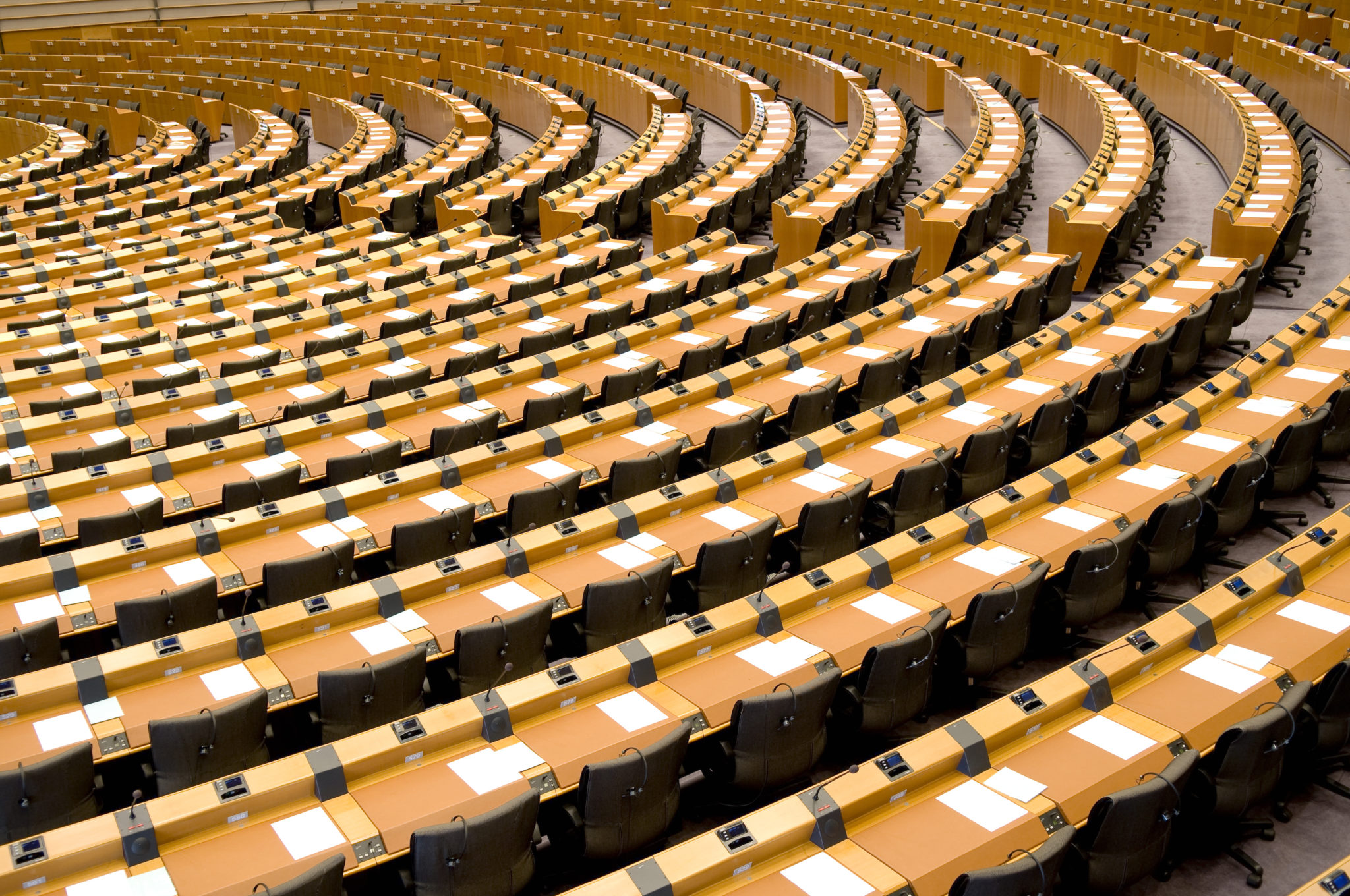European competition law and Covid-19: exceptional rules for business cooperation
Published on 15th April 2020
Antitrust rules have been eased temporarily by the European Commission to allow closer business cooperation – especially for the health sector – amid the coronavirus emergency.

On 8 April 2020, the European Commission published a communication on a Temporary Framework intended to give guidance to companies and trade associations on how to face business cooperation issues that might arise during the coronavirus pandemic.
One of the effects of the Covid-19 emergency has been the surge in demand for health sector-related and other essential products. In these exceptional circumstances, the European Commission has acknowledged that cooperation between companies and trade associations can play a crucial role in overcoming these challenges more efficiently and ensure the supply and adequate distribution of essential and scarce products.
This type of cooperation among businesses would normally be caught by European Union antitrust rules. However, under the current circumstances, the Commission has drawn up a Temporary Framework outlining guidance on how to achieve cooperation while still complying with competition law.
What can your company or association do?
In general, cooperative activities related to the supply of essential medicines and products do not raise competition law issues provided that the companies involved do not engage in anti-competitive conducts such as exchanging individualised company information. Cooperative activities include:
- Coordinating joint transport for input materials.
- Contributing to identify essential medicines likely to be in short supply.
- Combining information on production and capacity of essential products (without exchanging individual company information).
- Working on a model to predict the national demand for essential products as well as supply gaps.
- Sharing information concerning total shortage and asking other companies active in the same field whether they can fill the supply gap to meet the demand for the essential product (without sharing total shortage information with the competitors).
Further cooperation might be needed in the health sector to bridge the gap between demand and supply, for example, by implementing measures to adapt production, stock management and possibly exchange of information related to the distribution and production of certain medicines. These types of measures would normally be caught by EU antitrust rules, but they are exceptionally allowed provided that all of the following conditions are satisfied:
- They are designed and objectively necessary to actually increase production in the most efficient way to address or avoid a shortage of supply of essential products or services.
- They are temporary (they can be applied only as long there is a risk of shortage or in any event during the Covid-19 outbreak).
- They are proportionate and do not go beyond what is strictly required in achieving the objective to tackle or avoid shortage of supply of essential products.
It is crucial that cooperating companies or associations document all exchanges and agreements between them and make these available to the Commission on request.
This approach has also been endorsed by the International Competition Network (ICN), a global body whose members represent national competition authorities. In its statement, the ICN indicated that competition authorities should accommodate collaboration between competitors – following the conditions and rules above – in order to address the circumstances of the crisis. The ICN urged companies to act responsibly to ensure that products and services, especially essential ones, are available at competitive prices.
The Commission indicated that it will continue to provide guidance to companies and trade associations on specific cooperation initiatives with an EU dimension.
Our lawyers across our jurisdictions are keeping up to date on the latest guidance and advice on coronavirus issues and the impact this has on the market. Please get in touch with your usual Osborne Clarke contact for further advice on managing the impact of coronavirus on a global basis or one of our specialist lawyers listed below.









